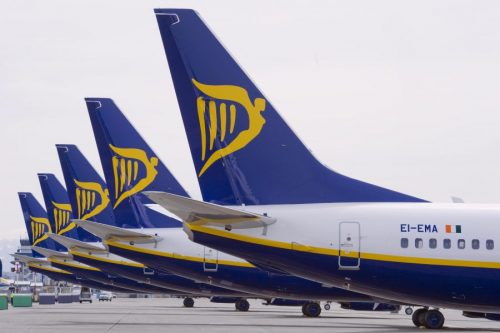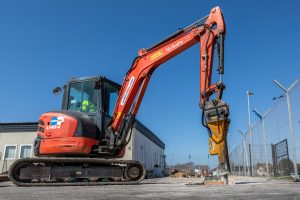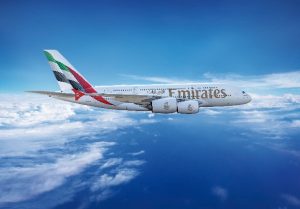Analyst raises concerns over Ryanair performance

A Manchester analyst has warned that Ryanair might have to act to bolster its balance sheet after first quarter profits after tax slumped by 20%.
The carrier, which flies 57 routes from Manchester Airport and 35 from Liverpool John Lennon Airport, today reported a 9% increase in revenues in the three months period to June 30, of £1.85bn, although profit after tax fell from £354m to £284.5m, despite an increase in passenger numbers by 7% to 37.6 million.
Ryanair blamed this on overcapacity in Europe, the earlier timing of Easter, and higher fuel and staff costs.
The airline has been affected by industrial action among pilots. Irish-based pilots have staged two stoppages and a third is planned for tomorrow, July 24.
Chief executive Michael O’Leary said: “As previously guided, Q1 PAT (profit after tax) fell by 20% to €319m due to lower fares, the absence of half of Easter in the quarter, higher oil prices and pilot costs.
“Traffic grew 7% to 37.6m, despite over 2,500 flight cancellations caused by ATC (air traffic controller) staff shortages and ATC strikes. Ryanair’s lower fares delivered an industry leading 96% load factor.”
Russ Mould, investment director at Manchester investment platform AJ Bell, said today: “Michael O’Leary may have to dust off some of his wacky cost-saving ideas in order to deal with current financial pressures on the business.
“In the past the airline has suggested having passengers load their own luggage and that some planes should remove one of the toilets to accommodate extra seats, among many others ideas to boost revenue and profit.
“Ryanair has also previously talked about potentially offering event tickets, restaurant bookings and other travel-related services.
“The airline has certainly done a very good job so far at sweating its assets and making money from passengers beyond the price of an airline ticket.
“Yet first quarter results would suggest it needs to do more to cope with higher oil prices, higher pilot costs and yet another bout of strikes.
“Steps are already being taken by ordering new aircraft which have more seats and lower fuel costs, although they aren’t due for delivery for another few years.”
Mr Mould added: “EasyJet recently made plans to bulk up its package holidays business in order to capitalise on its strong brand and squeeze more money out of its customers.
“Ryanair also has a holiday business albeit not one it talks about much – perhaps this situation may change if easyJet makes progress with its proposition.”
In today’s statement to the Stock Exchange Ryanair said it remains concerned by the dangers of a hard (no deal) Brexit next March, which could lead to its UK shareholders losing voting rights.
“While there is a view that a 21-month transition agreement from March 2019 to December 2020 will be implemented (and extended), recent events in the UK political sphere have added to this uncertainty, and we believe that the risk of a hard Brexit is being underestimated.
“It is likely that in the event of a hard Brexit our UK shareholders will be treated as non-EU. We may be forced to restrict the voting rights of all non-EU shareholders in the event of a hard Brexit, to ensure that Ryanair remains majority owned and controlled by EU shareholders.
“We have applied for a UK AOC (air operator’s certificate) to protect our domestic UK routes and hope to receive it before the end of 2018.”
And despite the impact on first quarter profits, Ryanair is still confident its full year after-tax profit will range between £1.11bn and £1.2bn, although it cautioned: “This guidance is heavily dependent on close-in Q2 fares, crew strikes, continuing ATC staff shortages/strikes, the absence of unforeseen security events and no negative Brexit developments.”








